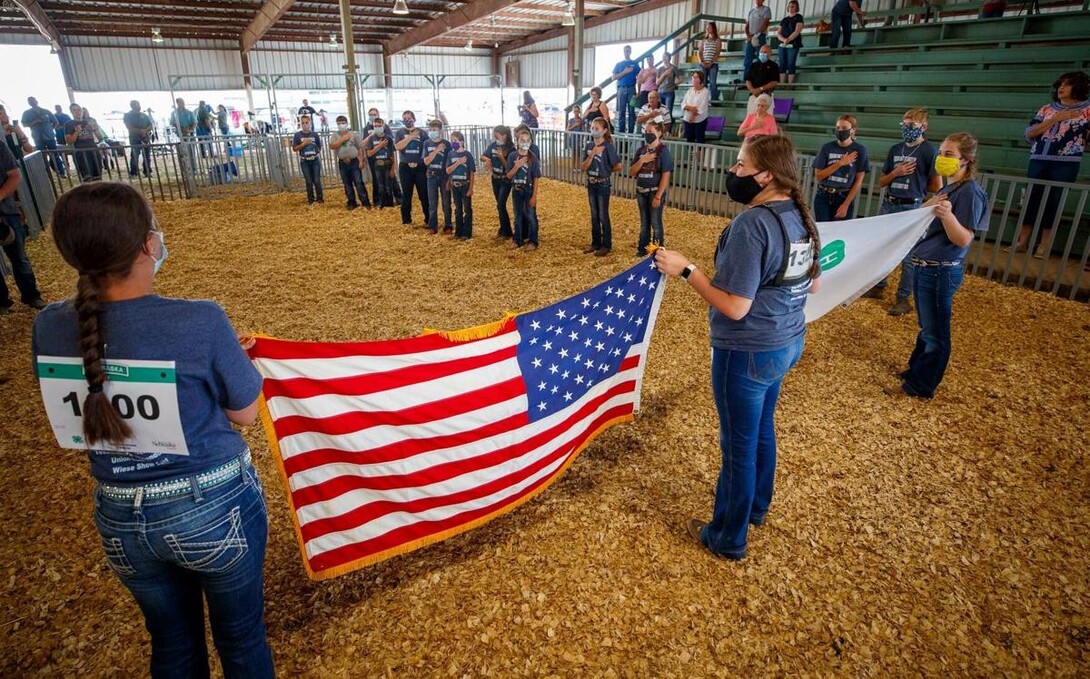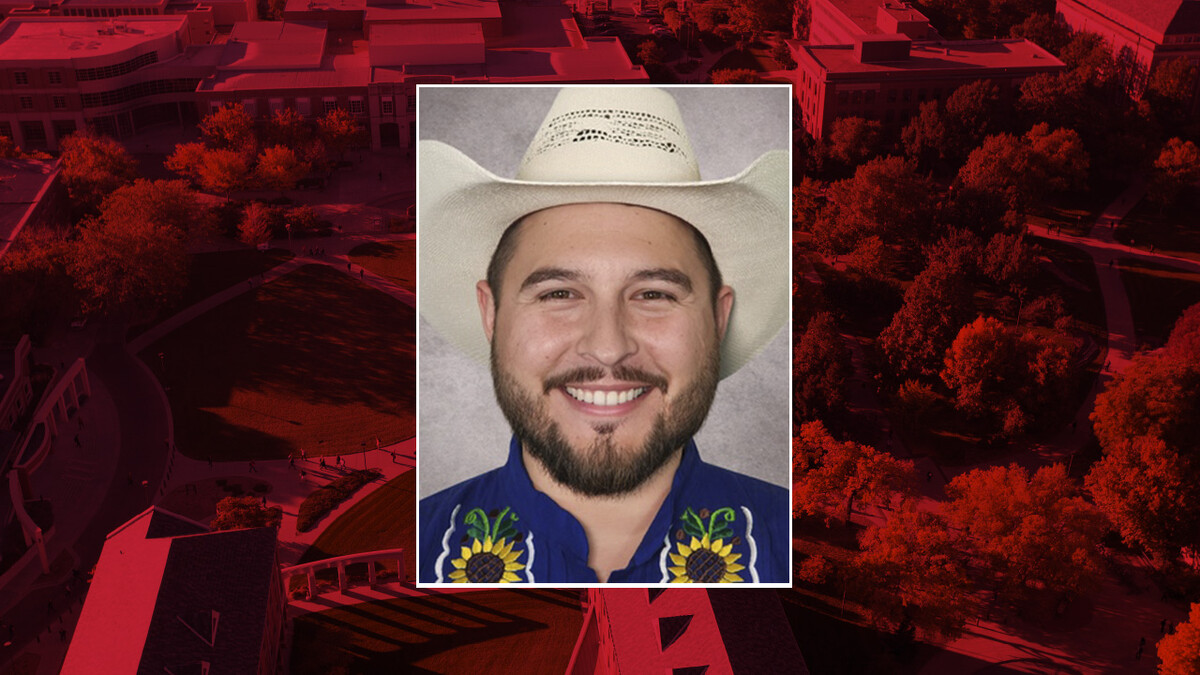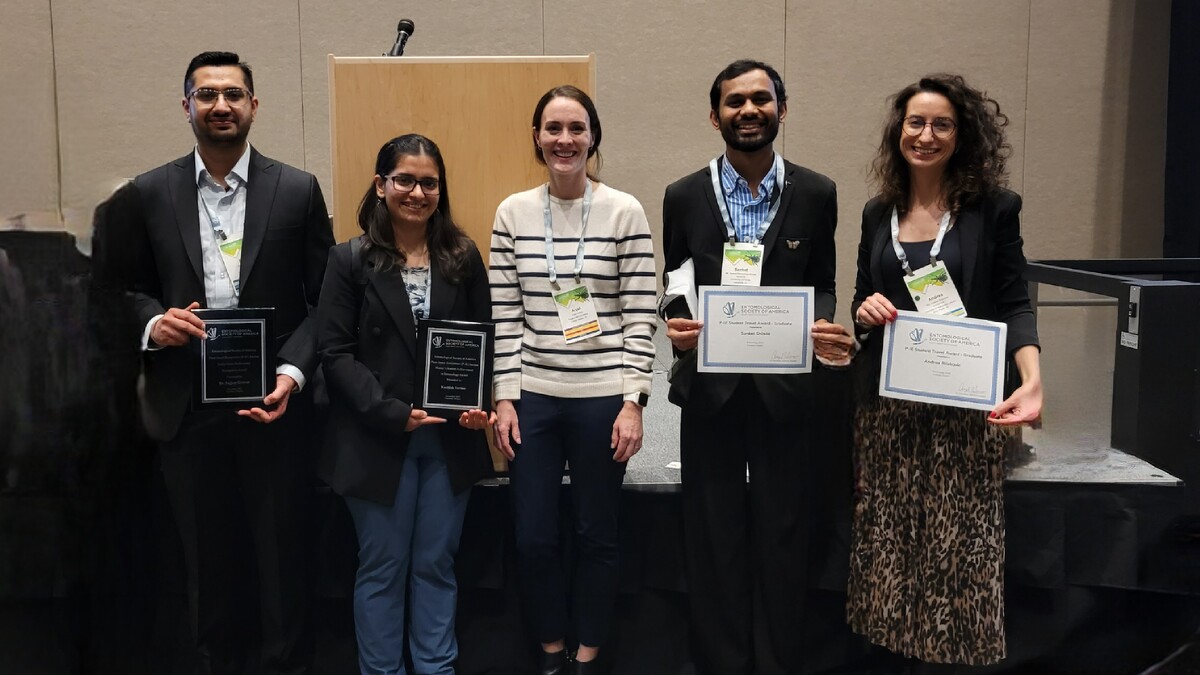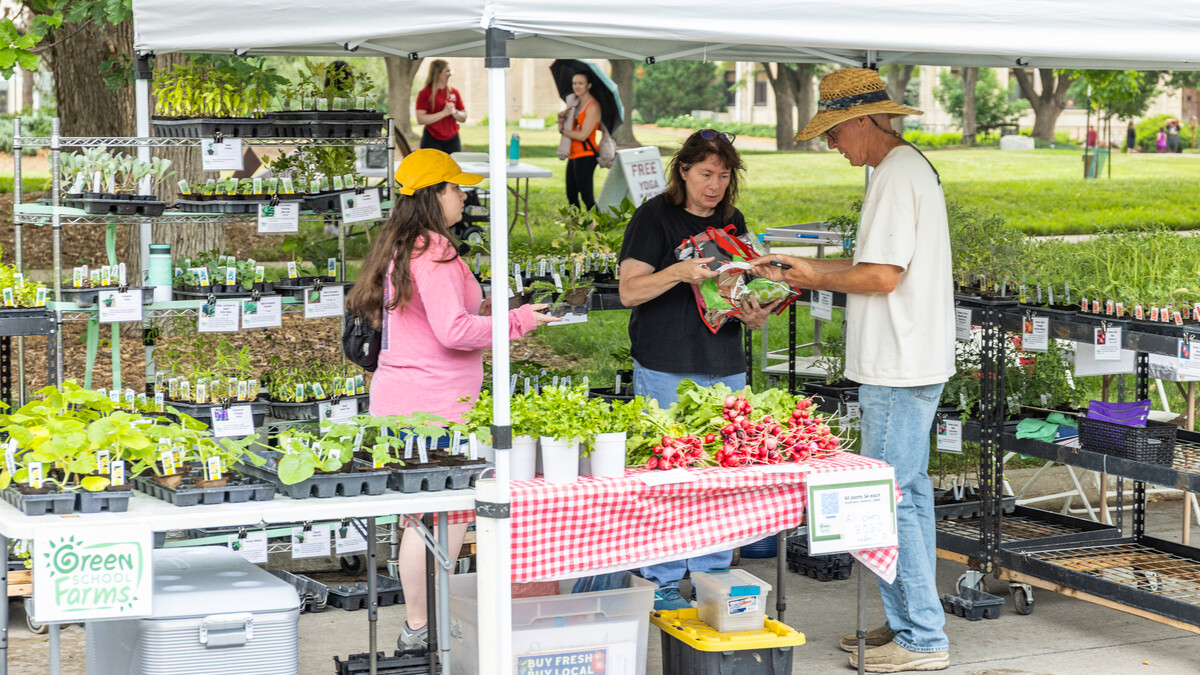
Lincoln, Neb. —The Nebraska Legislature has approved a resolution saluting the Nebraska Association of County Extension Boards, whose more than 550 members represent all 93 counties in the state. NACEB is marking its 50th anniversary this year in providing an important connection linking the University of Nebraska-Lincoln to rural and urban Nebraskans.
NACEB is “celebrating 50 years of strong grassroots support for and service to Nebraska Extension, the counties served by the boards, and the people of Nebraska,” reads Legislative Resolution 342, approved by lawmakers on March 29 and introduced by State Sen. Joni Albrecht of Thurston.
“As the university's front door across Nebraska,” the resolution says, “Nebraska Extension's role has expanded to multiple subject areas and reaches both urban and rural audiences.” Nebraska Extension works “to translate scientific discoveries for practical application, engage target audiences to create solutions to vexing problems, and change lives through learning opportunities.”
NACEB members are appointed by their county government and serve on a volunteer basis for three to six years as ambassadors and advocates for their respective counties, Nebraska Extension and UNL. As a result, these Nebraskans “fulfill our land-grant mission of being response, relevant and connected to the people of Nebraska,” says David Varner, the Extension associate dean and associate director.
In 2019, NACEB was awarded the University of Nebraska Presidential Medal of Service, which honors Nebraskans who have played a vital role in growing the state’s economy and well-being. It is the highest honor the NU president can bestow on community members.
Extension educators, Varner says, “have over a century of impactful, trusted relationships in all 93 counties.” Nebraska Extension remains a strong asset for the state because “we have intentionally fostered fruitful relationships with our county partners that have reaped value for decades.”
NACEB President Ryan Ridenour, a Mullen resident, points to multiple practical benefits that Extension educators bring to his part of the state: “In my area, we are mainly cow-calf and stocker operations, so the beef side of Extension benefits most of the constituents in this area. The local beef educators put out a lot of information on social media about research the universities have done and podcasts which would be pertinent to the ranching community, trying to keep people informed on the latest scientific discoveries affecting the beef industry.”
Extension workshops have value for ranchers, he says. Topics include Beef Quality Assurance training, generational ranch transition, ag law and ag financial counseling, and drought mitigation.
Extension’s 4-H work contributes much to the life of local communities, Ridenour says: “The local youth robotics teams are very successful, and the program grows each year. Our shooting sports team has made it nationals many times.”
Varner notes that NACEB members advise local Extension professionals regarding programming priorities and “have a front-row seat to the leadership and influence that Extension brings to their region.” Extension board members stand out for sharing Extension stories — “stories that highlight the positive difference that Extension brings to individuals, families, farms and ranches, businesses and communities. Some stories relate to personal benefit, while others describe public benefit where communities, counties or larger regions are the beneficiaries of Extension’s presence.”
Ridenour echoes that point. Many Nebraskans might not know of the breadth of Extension’s programming, he says, and NACEB members “bridge that gap by being the communication link between all county extension boards across the state and help all the 500 plus members to become active knowledgeable advocates.” As a result, “they can communicate the benefits and the programming available to constituents in their hometowns and counties across Nebraska.”
Geitner Simmons | IANR Media







